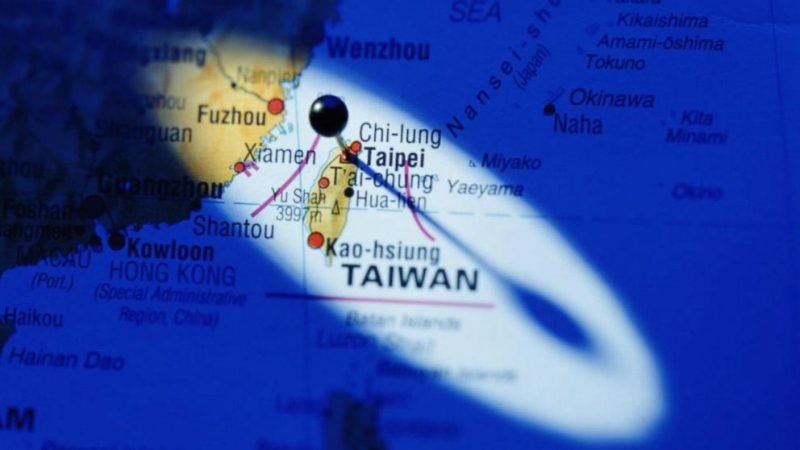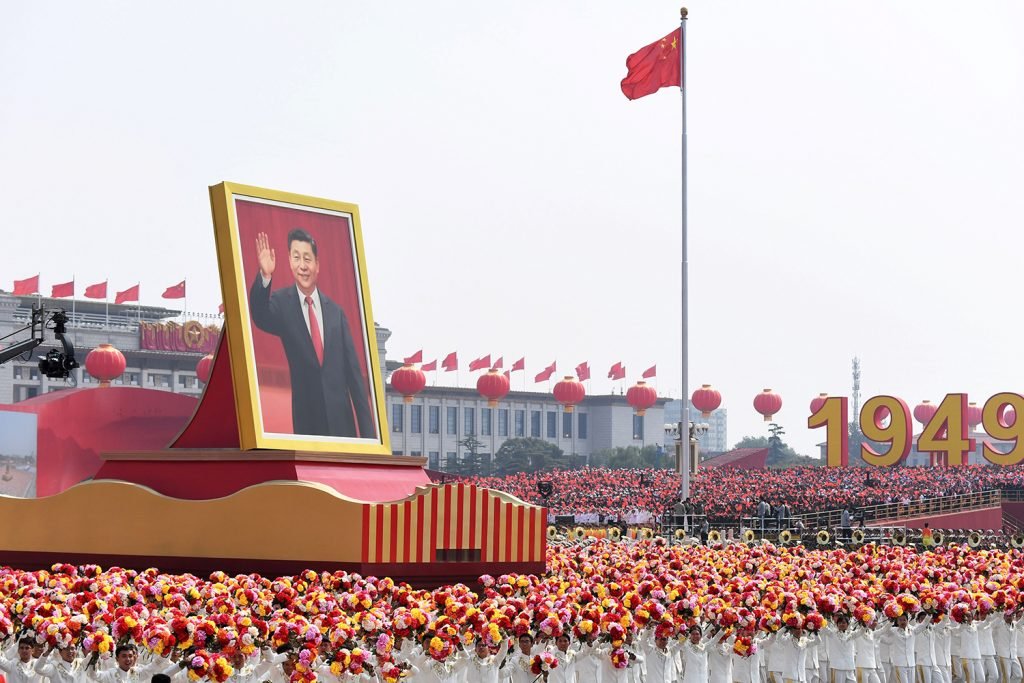Whatever happens in the election, don’t expect the Americans to forget Taiwan

Somewhat to my surprise, neither the government of Taiwan nor the Communist Party of the People’s Republic of China, seems to believe that the outcome of the imminent US election is particularly significant when it comes to American foreign policy in the Indo-Pacific.
Reading through the statements which have come from Beijing and Taipei recently, I am struck that on most Asian issues, including cross-Strait relations, the positions of Mr Trump and Mr Biden are regarded as virtually indistinguishable.
This helps to explain why President Tsai Ing-wen of Taiwan has instructed her diplomats to work towards the best possible relationships with both the Democratic Party and the Republican Party in the United States.
One China Policy
Taiwan is regarded as a breakaway province by China, which expects one day to restore it to unity with the mailand. Under a longstanding system known as the One China Policy, Taiwan is not diplomatically recognised by the US, or most of the world’s other countries. Nevertheless, it has managed to win unprecedented levels of bipartisan support in Congress in Washington in recent years, culminating in high profile visits to Taipei by American politicians.

This improvement of the links between the US and Taiwan has taken place during a period when relations between the United States and China have deteriorated into a near-crisis situation, including a trade war. Officials in Beijing do not expect a sudden improvement in the situation if Mr Biden wins the presidency – although they are hoping for increased dialogue between the PRC and the United States in some multilateral forums.
Both Mr Trump and Mr Biden have tried to appear tough on China during the campaign period. Their rhetoric has reflected an increasingly negative view of the American public. I do not imagine that the distrust and suspicion will lift quickly.
In July this year, Congress passed – by an overwhelming majority – the National Defense Authorization Act for 2021, which includes provisions to sell more arms to Taiwan. Its wording was stark. The NDAA stated that China’s “increasingly coercive and aggressive behavior” is contrary to the US expectation of a peaceful resolution of Taiwan’s future.
Taiwan’s National Security Council, which convened this month, reported that the number of incursions by Chinese warplanes into Taiwanese airspace has increased since the NDAA was passed.
China’s five year plan
In China, at the Communist party’s annual plenum, which concluded last week, the focus was on economics. Delegates expect further “decoupling” between the US and China in strategic fields. The best response, according to the CCP, is a patriotic national effort towards greater self-sufficiency in the tech sector.

As a sign that China is now aiming to reduce its dependence on the outside world, especially American tech, Huawei has announced plans for a dedicated chip plant in Shanghai that would use only Chinese technology. The Financial Times says this will enable Huawei to overcome efforts by the Americans to block supplies of semiconductors to China.
By contrast, the tone in Taipei is far more outward looking. Both President Tsai and Premier Su Tseng-chang hope for deeper cooperation with foreign governments and aim to forge partnerships with international businesses, especially US tech companies with sophisticated supply chains.
This is creating a big opportunity for Taiwan Semiconductor, which counts Apple Corp as a major customer. Despite the pandemic, the company recently raised its earnings forecast for the half year to $12.55 billion. In response, the influential tech expert Joe Albano from Seeking Alpha recommended his followers to buy Taiwan Semiconductor’s shares.
“I like its odds at not only keeping its technology lead but extending it beyond its competitors. One by one, those competitors have fallen off the path,” wrote Albano.

Difficulty ahead
I am certain that under either a second term of Trump, or a Biden administration, American companies will find it increasingly difficult to deal with the PRC. I therefore think it is likely that the Americans will show support for Taiwan in both the political and the business spheres.
When it comes to Asia, both Mr Trump and Mr Biden say they wish to strengthen bilateral and multilateral ties with allies and partners in the region. The pressure on China will not suddenly lift at the end of the election cycle.
So for the politicians and business people making strategic plans in Beijing and Taipei, it is safe to assume that the key themes of American political engagement with Asia in the next decade will not be particularly different to those of the past few years.


















